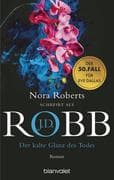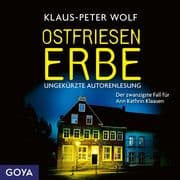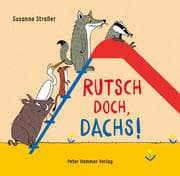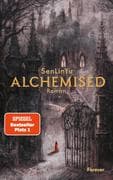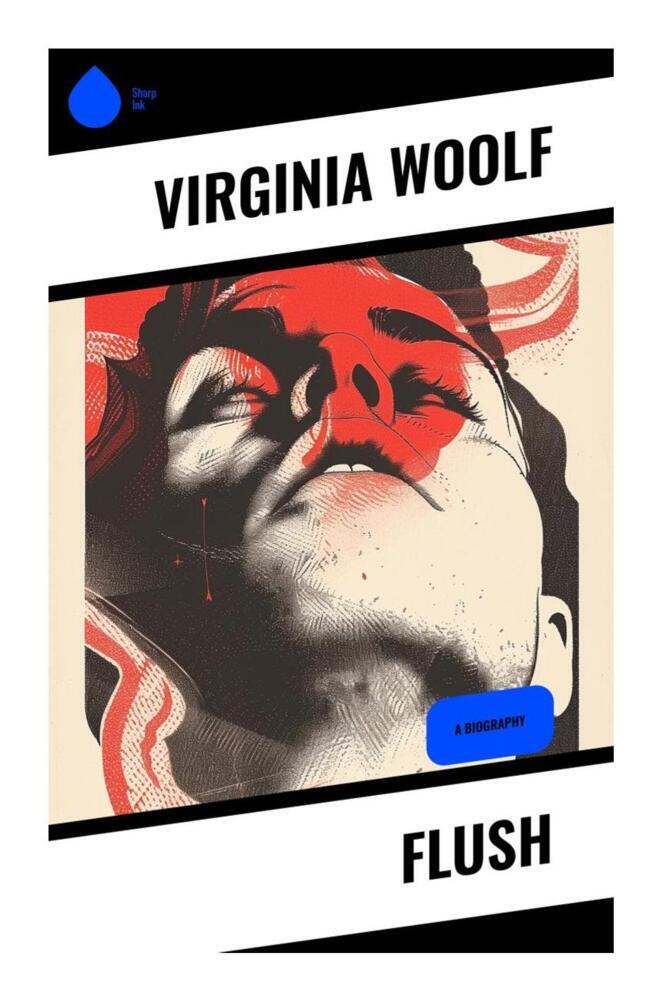In "Flush," Virginia Woolf ventures into the whimsical and poignant realm of biography, crafting a fictionalized narrative that follows the life of Elizabeth Barrett Browning's beloved cocker spaniel. Through a unique blend of stream-of-consciousness prose and vivid imagery, Woolf explores themes of love, loyalty, and the intricacies of human-animal relationships. The novel transcends mere biography, offering a window into Victorian society, the constraints of gender and class, and the emotional landscape of its characters, as seen through the eyes of Flush, who serves as both witness and participant in the turbulent life of his mistress. Virginia Woolf, a pivotal figure in the modernist literary movement, often drew inspiration from her eclectic experiences and keen observations of societal norms. Her fascination with the subtleties of human emotion and the complexities of relationships is evident throughout her oeuvre. "Flush" reflects Woolf's profound empathy not just towards her human subjects but also extends this compassion to the animal kingdom, revealing her innovative narrative style and depth of psychological insight that would characterize her later works. This enchanting novel is recommended for readers who appreciate a nuanced exploration of identity and social commentary woven into an unconventional narrative. Woolf's "Flush" invites you to reconsider the bonds we forge with our pets while challenging societal conventions, making it a compelling read for both literature enthusiasts and animal lovers alike.

